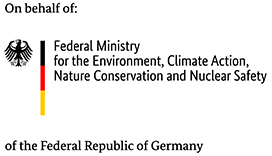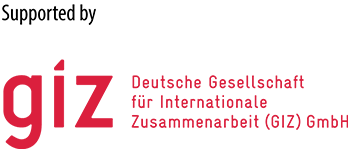Strengthening Implementation of Energy Conservation and Sustainable Building Codes in India
Mitigation of Climate ChangeFebruary | 2025
Source Of News: Click Here
Description
India is making strides in advancing energy efficiency and sustainable building practices through the adoption of the Energy Conservation Building Code (ECBC) and Eco-Niwas Samhita (ENS). However, experts highlight that effective implementation remains a key challenge.
At a recent roundtable organized by the Alliance for an Energy Efficient Economy (AEEE), in collaboration with the Bureau of Energy Efficiency (BEE) and the Swiss Agency for Development and Cooperation (SDC), stakeholders from government bodies, think tanks, academia, and industry shared insights on overcoming barriers and accelerating the codes' enforcement. Key takeaways from the discussion include the need for capacity building at the state and local levels, streamlining compliance mechanisms, and enhancing coordination between urban local bodies and state-designated agencies. Additionally, the integration of digital tools and the promotion of incentive-based models were suggested to encourage compliance and ease implementation.
Director General of The Energy and Resources Institute (TERI), emphasized that the building sector holds significant potential for reducing energy consumption. She stressed the importance of mainstreaming green construction practices and highlighted the role of training and awareness in achieving energy-efficient goals. The roundtable concluded with a call to action for stronger policy enforcement, capacity enhancement, and stakeholder collaboration to ensure that India’s vision of energy-efficient and climate-resilient buildings is realized.
Copyright © 2026 All rights reserved





